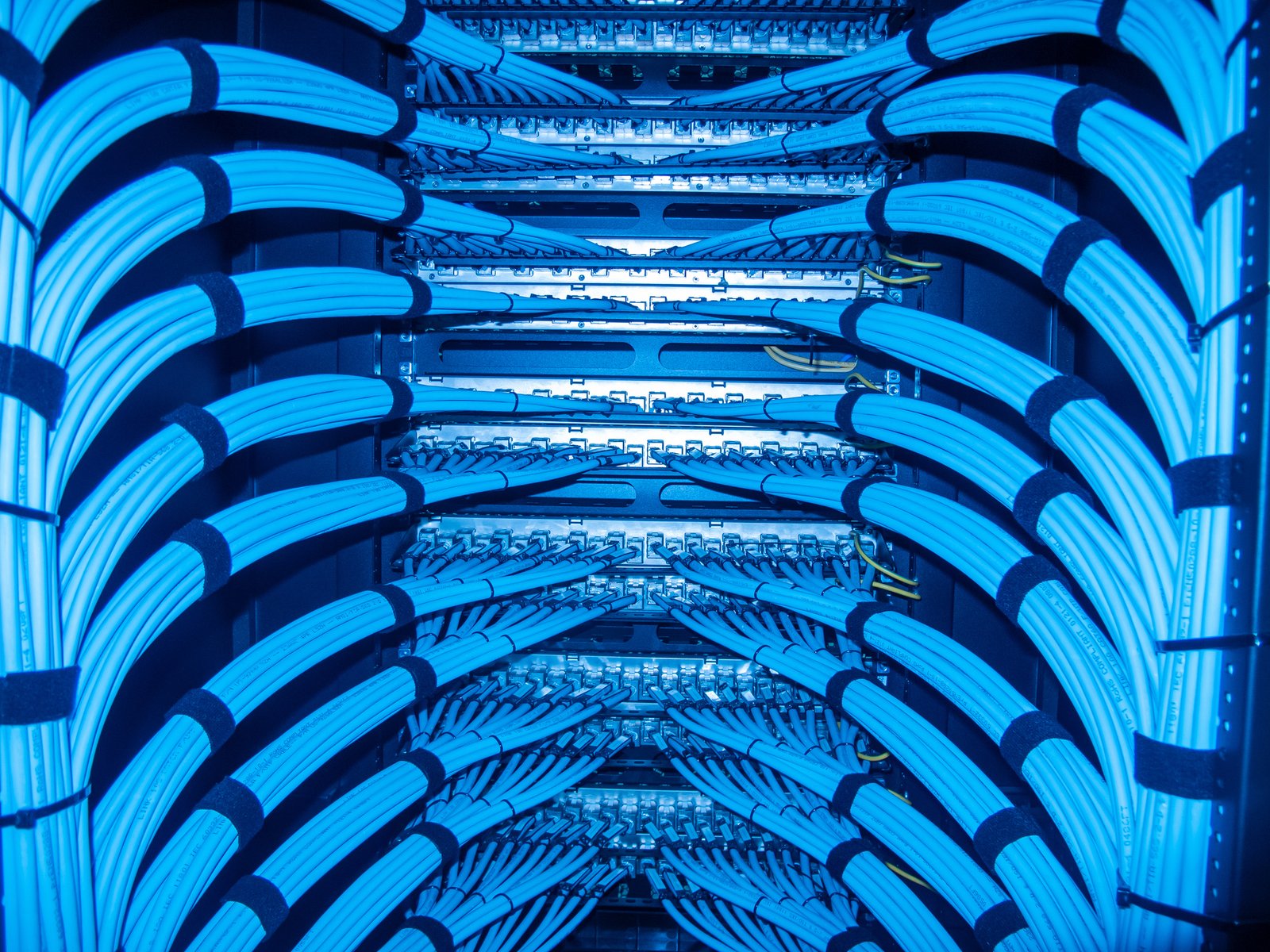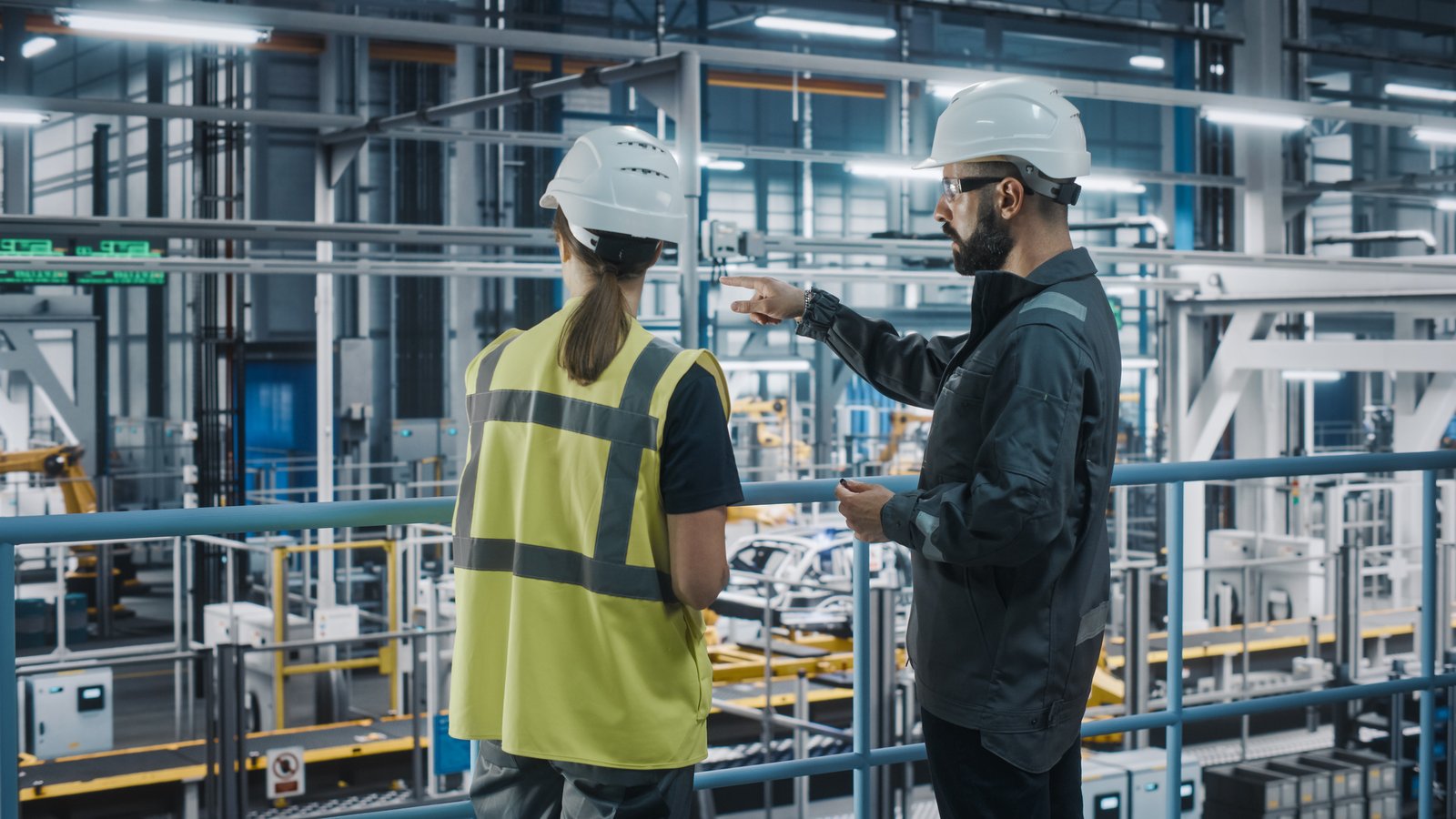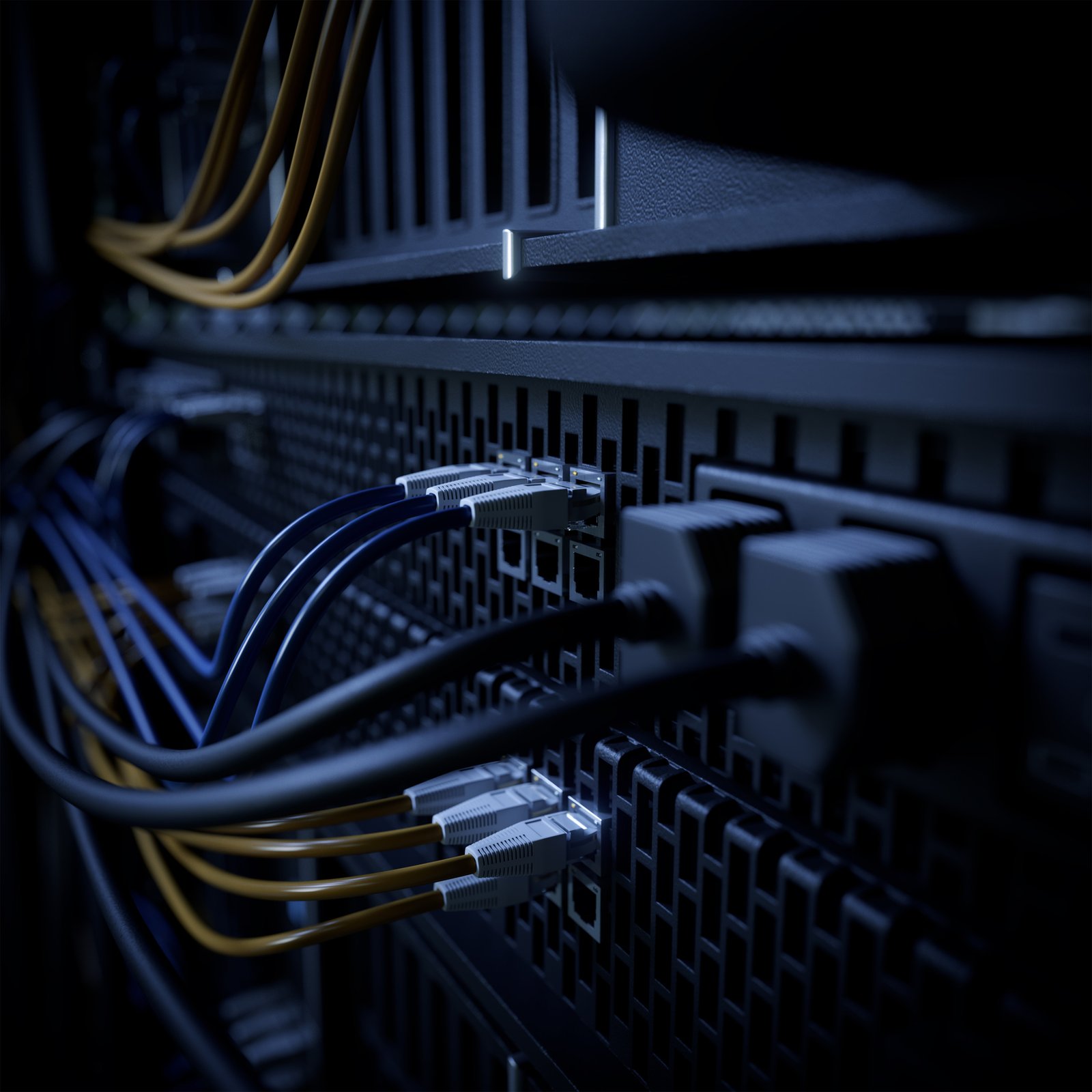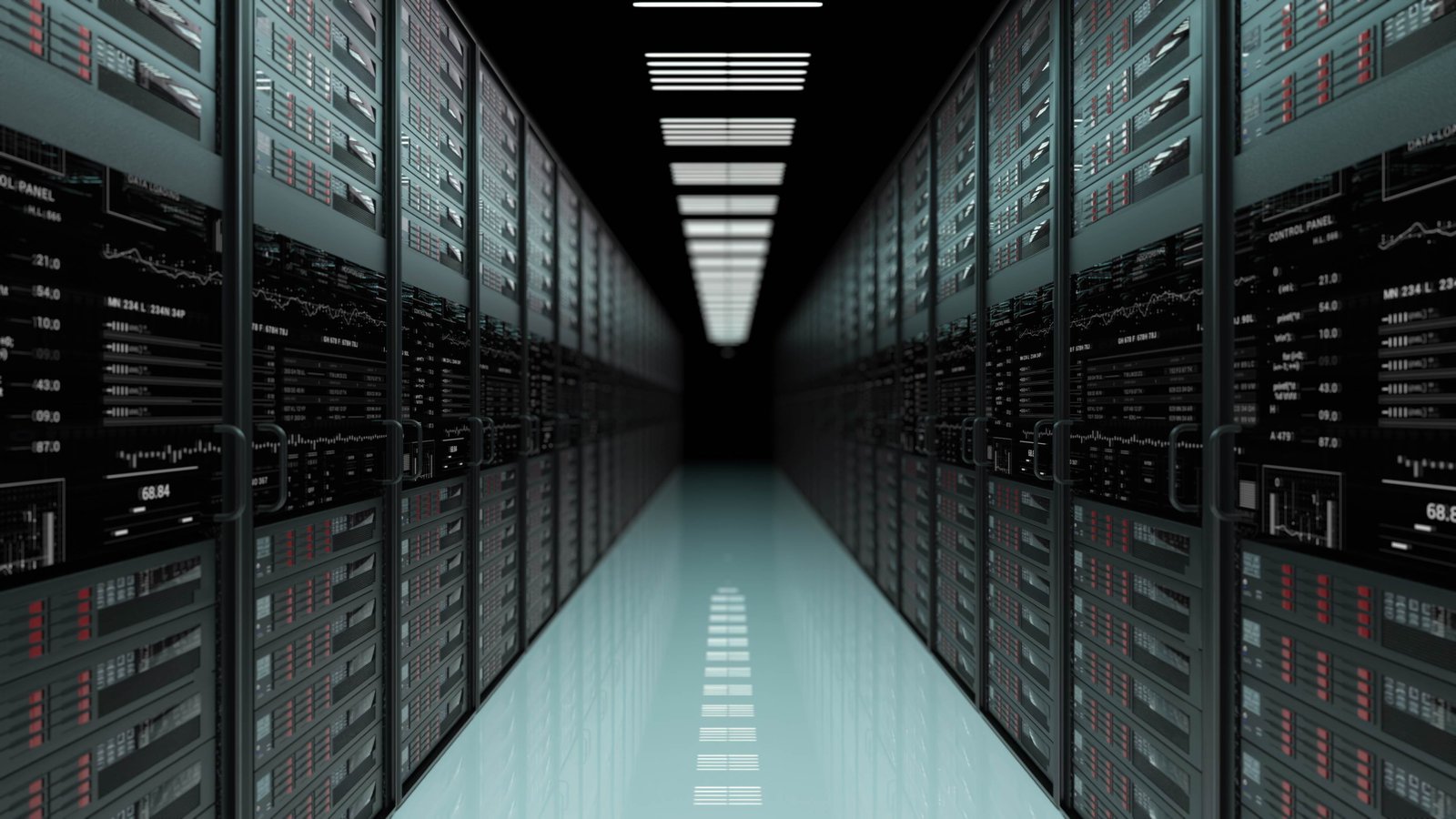It’s hard to believe that it’s been almost 25 years since filmmaker Steven Spielberg released “A.I. Artificial Intelligence” in movie theaters.
Watching Jude Law and Haley Joel Osment play Androids trying to navigate a dystopian future was unsettling, but the film was set in the 22nd century. The wait to live in an A.I.-fueled world, however, did not take that long as artificial intelligence is having its own moment in 2024.
“More than a decade ago, the consumer experience was completely transformed by mobile apps and social media. Now AI is set to shake up enterprises,” reported The Wall Street Journal in February. “The generative AI boom reflects a period of tech innovation that is ideally suited for revolutionizing the business world.”
Data centers, the digital age workhorses that keep our connected world humming, are being asked to evolve to power this AI revolution.
How real is this AI rise and what does it mean for the traditional data center and what transformations will need to be made? Let's take a closer look.
Artificial Intelligence: Transforming Our World
Artificial Intelligence (AI) is no longer a concept confined to science fiction films; it's a reality that is rapidly transforming our world.
From virtual assistants and self-driving cars to personalized medicine and predictive analytics, AI is revolutionizing industries and reshaping the way we live and work.
The impact of AI is far-reaching:
- Automation: AI is enabling the automation of complex tasks, improving efficiency and productivity across sectors.
- Personalization: AI-powered systems can analyze vast amounts of data to deliver highly personalized experiences, from tailored content recommendations to precision medicine.
- Decision-making: AI is augmenting human decision-making by providing data-driven insights and predictions, helping organizations make better-informed choices.
- Innovation: AI is driving innovation across fields, from drug discovery and materials science to renewable energy and beyond.
Apple, at June’s Worldwide Developers Conference, made a big splash with its intro to its own artificial intelligence model, Apple Intelligence.
“We think AI’s role is to not replace users but to empower them,” he said. “When you think about what’s possible, it has to be integrated with the experience and be intuitive and informed by your personal context and knowledge of you. If you’re going to do that, there’s a lot of responsibility,” Apple CEO Tim Cook said.
As AI continues to advance and permeate every aspect of our lives, the demand for computing power and data storage is skyrocketing. This is where data centers come into play.
What is a Traditional Data Center?
A traditional data center is a facility that houses an organization's IT infrastructure, including servers, storage systems, networking equipment, and more.
These centers are designed to provide a secure, reliable, and efficient environment for hosting and managing critical data and applications.
Key components of a traditional data center include:
- Servers: The workhorses that process and store data
- Storage Systems: Where data is securely stored and accessed
- Networking Equipment: Enables communication between servers and the outside world
- Power and Cooling Systems: Keep the equipment running smoothly and prevent overheating
Traditional data centers come in various sizes, from small in-house server rooms to sprawling multi-building complexes. They are meticulously designed to optimize space, power usage, and cooling efficiency while ensuring high availability and security.
The Rise of AI Data Centers
As AI continues to transform industries worldwide, the demand for specialized AI data centers is on the rise. These next-generation facilities are purpose-built to handle the unique requirements of AI workloads.
So, what sets an AI data center apart from its traditional counterpart?
- High-Performance Computing (HPC): AI data centers are equipped with powerful HPC systems designed to crunch through massive amounts of data and perform complex calculations at lightning speeds. These systems often include cutting-edge GPUs, FPGAs, and ASICs optimized for AI and machine-learning tasks.
- Massive Storage Capacity: AI applications generate and consume vast amounts of data. As such, AI data centers require storage systems with immense capacity and high throughput to handle the data deluge. This often means leveraging a combination of high-speed SSDs, large-capacity HDDs, and distributed storage architectures.
- Blazing-Fast Networking: To keep up with the demands of AI workloads, these data centers need ultra-fast, low-latency networking. This is achieved using high-bandwidth Ethernet, InfiniBand, or other advanced networking technologies that enable rapid data transfer between compute nodes and storage systems.
- Specialized Cooling and Power Management: The high-density, power-hungry nature of AI hardware poses unique challenges for cooling and power management. AI data centers often employ advanced liquid cooling systems, such as direct-to-chip cooling or immersion cooling, to efficiently remove heat from densely packed servers. Intelligent power management solutions ensure optimal energy usage and minimize waste.
- Scalability and Flexibility: As AI continues to evolve at a breakneck pace, data centers must be designed with scalability and flexibility in mind. Modular designs, containerized deployments, and software-defined infrastructure allow AI data centers to quickly adapt to changing requirements and seamlessly integrate new technologies as they emerge.
The Future of Data Centers in an AI-Driven World
As AI becomes increasingly integral to businesses and society as a whole, the role of data centers will only continue to grow.
“As the public comes to expect companies that deliver seamless, AI-enhanced experiences and transactions, leaders need to embrace the technology, learn to harness its potential, and develop use cases for their businesses,” says Harvard Business School professor Karim Lakhani. “AI is not going to replace humans, but humans with AI are going to replace humans without AI.”
We can expect to see more specialized AI data centers springing up around the globe, pushing the boundaries of performance, efficiency, and innovation.
However, this doesn't mean traditional data centers will disappear. Many organizations will likely adopt a hybrid approach, leveraging both traditional and AI-optimized infrastructure to meet their diverse needs.
At DCS, we understand the critical role data centers play in powering the digital world. As a leading provider of fiber connectivity solutions, we partner with businesses to design, manufacture, and install the infrastructure that forms the backbone of both traditional and AI data centers.
With our consultative approach and commitment to quality, we help organizations future-proof their investments and stay ahead of the curve in an ever-evolving technological landscape.












